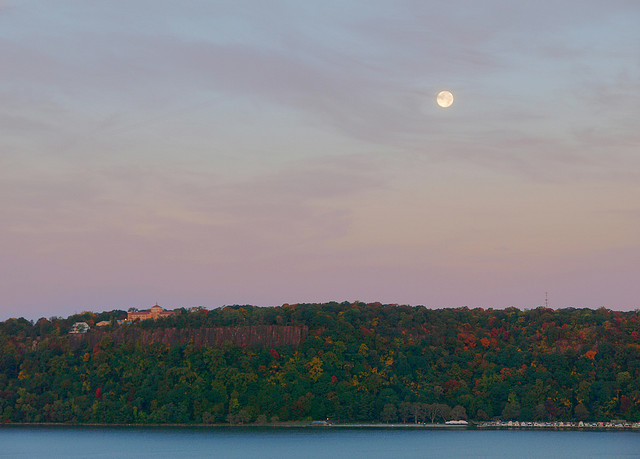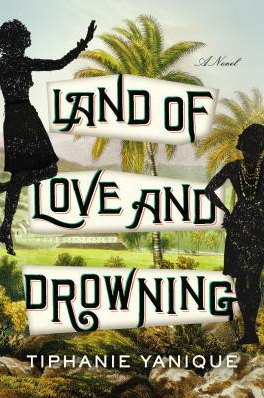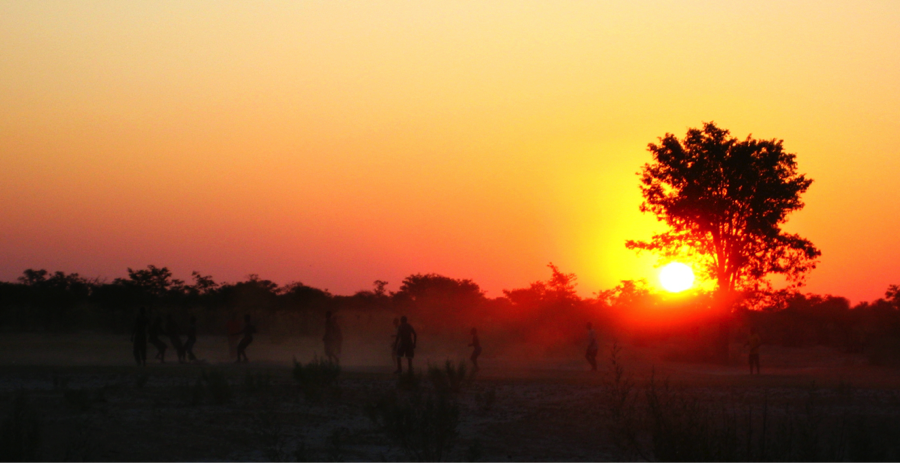
Today’s service is the blessing of the animals, and the congregation is clustered on the lawn with designer dogs on extendable leashes and mysterious scuttling boxes lined with hand towels and one leopard gecko that, waiting for its blessing, relieves itself on its young owner’s father. He scrubs at his shirt at the sink in the church basement, where J and I are helping to set up for the post-service coffee hour, halving banana bread and quartering bagels and decimating cantaloupe. The man blessed by his son’s gecko may need to be reminded of the copy on the service’s tri-fold program: We do not bless animals to make them holy; we bless them because they are already holy. The program asks us to save animals like Noah, to care for them like Francis. It reminds us of upcoming youth group events.










